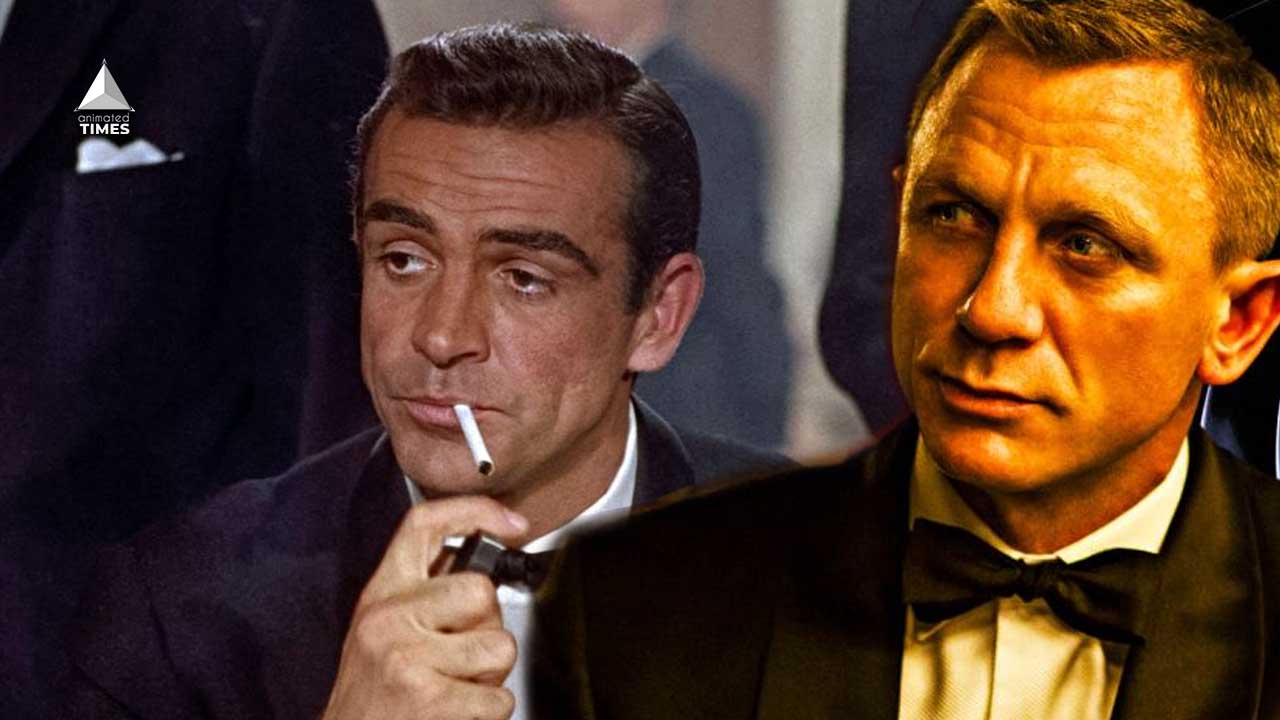How Daniel Craig’s James Bond Fixed Some Of 007’s Criticisms
With the premiere of No Time to Die, Daniel Craig’s James Bond era came to an end, and it will be remembered by many as a period of significant progress for the series. Despite being one of the most popular and well-known film franchises of all time, James Bond has had just as many failures as successes, many of which were due to issues that the films tried to resolve for decades. Fortunately, Craig’s 007 era addressed many of these shortcomings, giving the franchise its greatest run in decades.
Craig’s Bond Lacked The Camp (But Not The Humor)
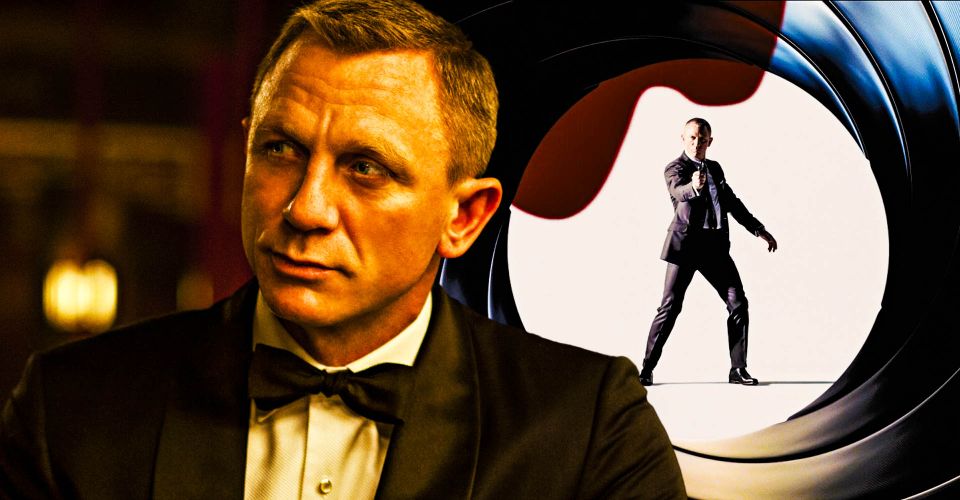
One of the most frequent objections of the older James Bond films is that they veer too far into camp, removing all pretence of real stakes or seriousness with villains that are too cartoonish, gadgets that are too ludicrous, and plotlines that are illogical. However, in Craig’s Bond era, the sillier vibe has vanished.
Craig’s Bond has a storyline with stakes.
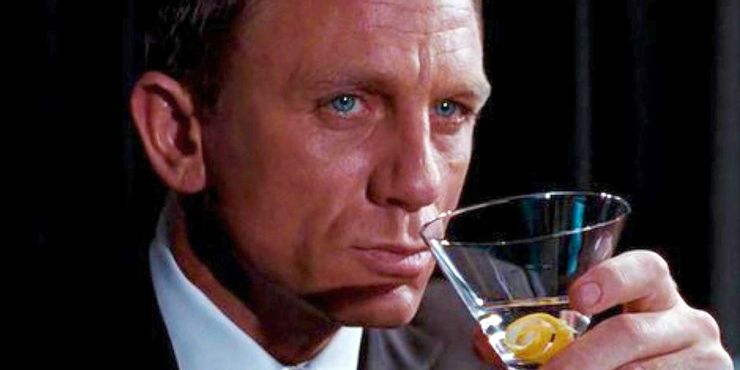
Craig’s 007 has a complete storey arc that spans five films and is properly wrapped up by the end of No Time to Die. Bond matures during the Craig era. He is gaining knowledge. He suffers actual loss in both his personal and professional relationships and these losses alter him in ways that persist beyond the films.
It’s Not All About “Bond Girls”
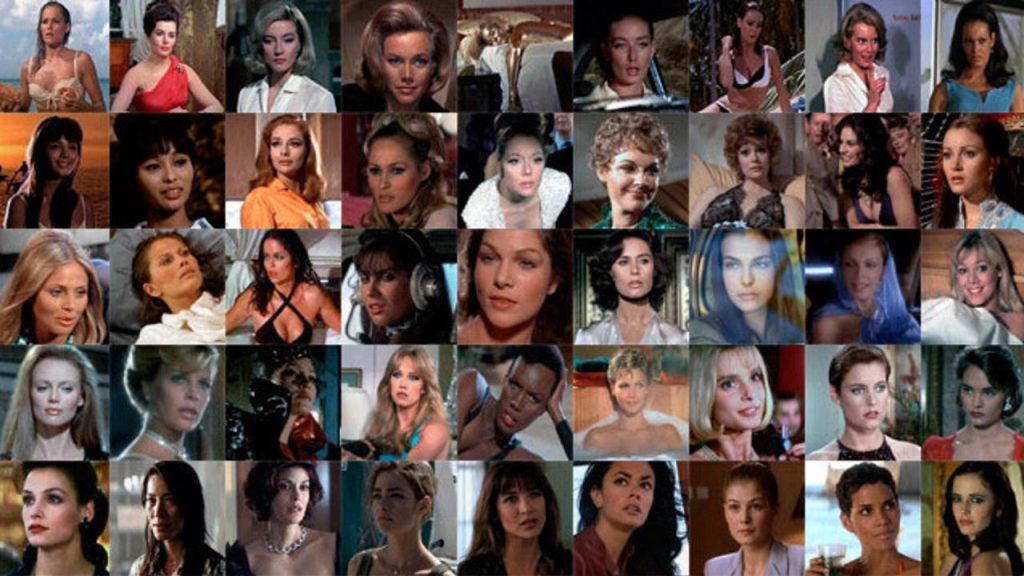
Prior to Craig’s 007 period, every film in the series had a classically attractive woman in an entirely meaningless role, whom Bond would ultimately sleep with by the end of the credits. Although the female characters in Craig’s Bond films still have love interests, they are far stronger and more complicated than their predecessors. Bond’s interactions with those characters are typically far more complex. Craig’s era represents the most significant advancements in the series since its inception.
Is Daniel Craig Better Than Sean Connery As James Bond?
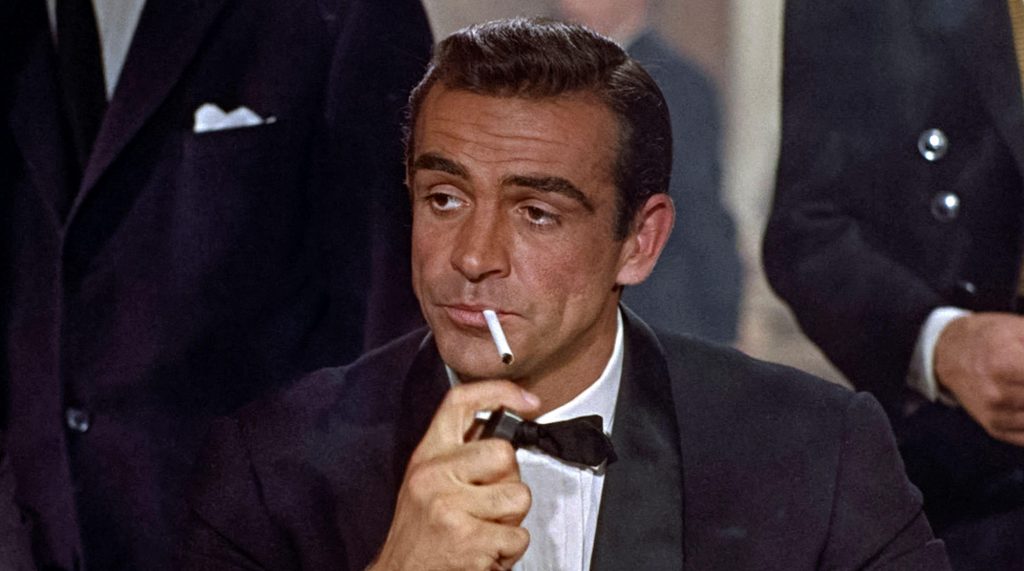
Craig is not just the best Bond since the original, but he has also added more to the character of James Bond than anyone since Sean Connery — as proven by all of the preceding reasons. He’s given the character more depth, dimension, and emotion without losing any of his swagger.
Is Craig, however, truly the greatest Bond of all time when considered as a whole? Given the very different eras the two actors have lived in, it’s a hard issue to answer, but when the history of James Bond is written, Craig’s era will have a strong argument for being the franchise’s greatest moment.

